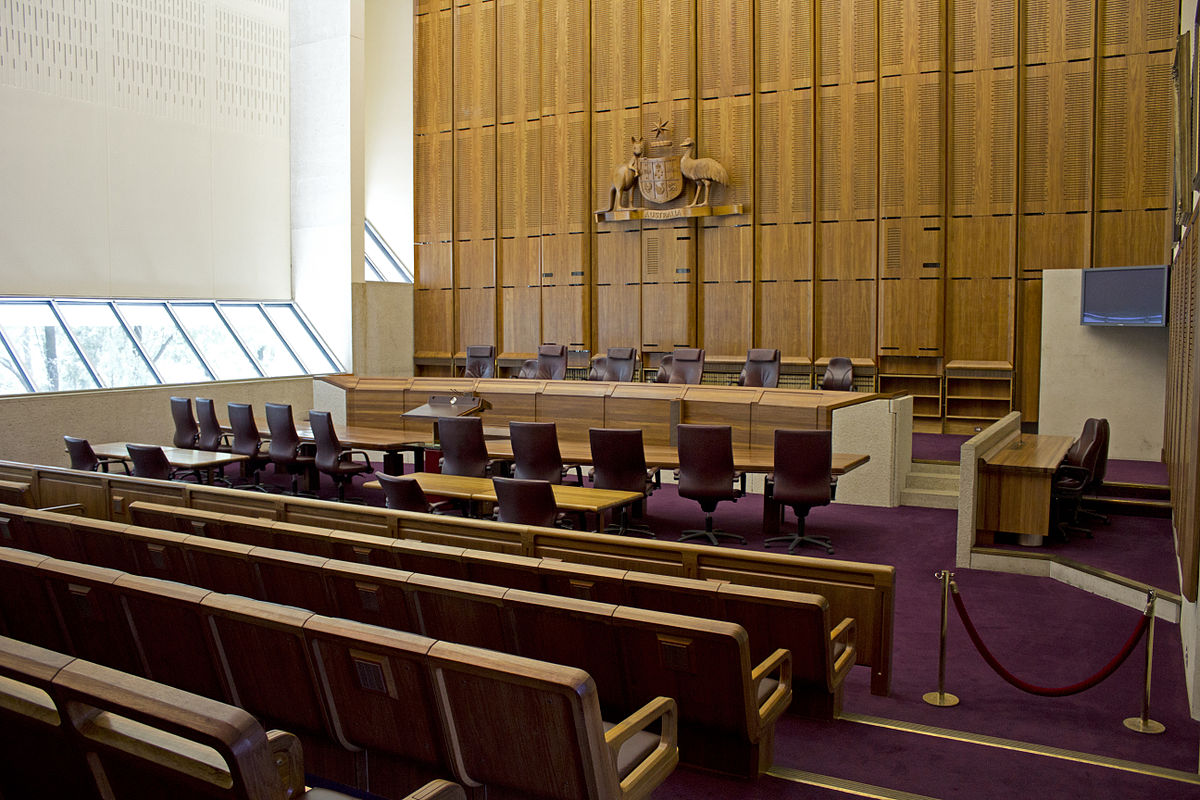Building reputational resilience
8
September
2025
1
min read

Reputational resilience is your organisation’s preparedness to respond to a crisis or issue, and ability to bounce back from bad news. Here are some tips on how to steadily invest in your reputation.
In the complex world we live in, almost every organisation or company will face a reputational crisis.
Risks include scandals involving staff, cyber-attacks or physical incidents. Emerging threats include AI deepfakes that could result in the dissemination of misleading information about your business.
Some organisations recover from bad news better than others. Reputational resilience is about consistently building your organisation's reputation, so that when you go through a setback, you suffer less damage.
Being proactive about your reputation is the best insurance policy you can have, and there are steps you can take to ensure the people that matter to you will give you the benefit of the doubt if things turn sour.
Communication is key
Would you be able to rattle off your organisation’s values without looking them up? Do they match your actions, and do your customers know what they are? Talking about your organisation's values regularly is a good idea because it builds trust and credibility.
Social media content that shows how you approach customer service, how you support your staff, and what milestones you celebrate all help the public get a better sense of who you are.
It's important to talk about why your company does what it does, and what drives your people to achieve results. If people are familiar with where and how you post this content, they'll know where to look for information during a crisis.
It's a good idea to communicate even when there's not much to say, because consistency in your messaging will build reputational resilience.
For example, in the event scammers attempt to use your company name to trick people, or if there are rumours circulated about you that are false, you want your customers and stakeholders to be suspicious and think: "That really doesn't sound like them".
Be prepared for misinformation
The increasing sophistication of AI deepfakes makes this all the more important.
It can still be easy to spot a fake video – an AI created spokesperson may have too many teeth or repeat movements on a loop. However, platforms that mimic real voices or produce fake images are evolving to look more convincing.
If a malicious person goes to the trouble of making a video to fake a product recall or make a damaging statement, you want your stakeholders to be able to recognise that something is off.
Proactive and consistent communication of your brand voice can be your first line of defence against sophisticated attacks.
Be authentic
Beyond consistent messaging, your communication needs to be authentic.
In your social media and public messaging, show things that are real. Use your staff and insider experts, allowing them to express their insights when appropriate. Write or talk in the language you would use in a real workplace conversation. It can be okay if some video content looks a little raw or isn't overly rehearsed. Authenticity builds connection. It allows people to get to know you.
A word of warning: avoid excessive self-praise when things are going well, as it could come back to haunt you when there's a hiccup in operations.

Accept you will have to manage an issue
Despite your best efforts in communication and authenticity, we are living in an era where companies need to anticipate disruption.
The fast-paced news cycle and digital world mean news of mistakes and missteps can spread like wildfire. This means all organisations will face a crisis.
Don't wait until there's an urgent situation to be actively communicating in your industry. Being consistent with government, customers, clients, regulators, and any of the people you need to deal with regularly will ensure your organisation builds reputational resilience.
Holding regular crisis simulations for staff will help them to feel prepared and confident to deal with issues that are out of the ordinary.
This proactive approach will strengthen your organisational muscle for a swift and effective response.
Focus on where a reputational crisis will cause you pain
Reputational crises are embarrassing. No organisation wants the distraction of being in the headlines for the wrong reasons. Crafting effective public messaging is important, but don't forget to stay focused on who matters most. It's your customers and closest partners. Focus on providing them with the accurate information they need, and making sure they are up to date, otherwise your organisation risks more pain in the marketplace as part of the fallout.
Don't forget internal comms
You'll recover from a reputational blow quicker if your people show unity. All employees have a role in reputation. You want them telling family and friends they have been valued and kept in the loop when there's an evolving situation. That word-of-mouth feedback builds trust; what employees say externally to family and friends builds public perception.
If staff understand how their leaders are responding to a crisis and what is required of them, that will support coordinated action across your organisation. You want consistency in messaging from all employees, not confusion.
Do the right thing
Ultimately, underpinning all effective reputational risk management is an organisation's core values.
Have a culture that encourages social responsibility and sustainability.
Empower employees to speak up if they notice a reputational risk. Importantly, ensure reputation is discussed regularly at board meetings.
It’s about building a business that deserves trust, every single day.
14
January
2026

Understanding Royal Commissions: What to Expect and How They Work
Read news article
14
January
2026

Understanding Royal Commissions: What to Expect and How They Work
Download White Paper
3
December
2025

Why there's still a place for the press release
Read news article
3
December
2025

Why there's still a place for the press release
Download White Paper




.jpeg)

